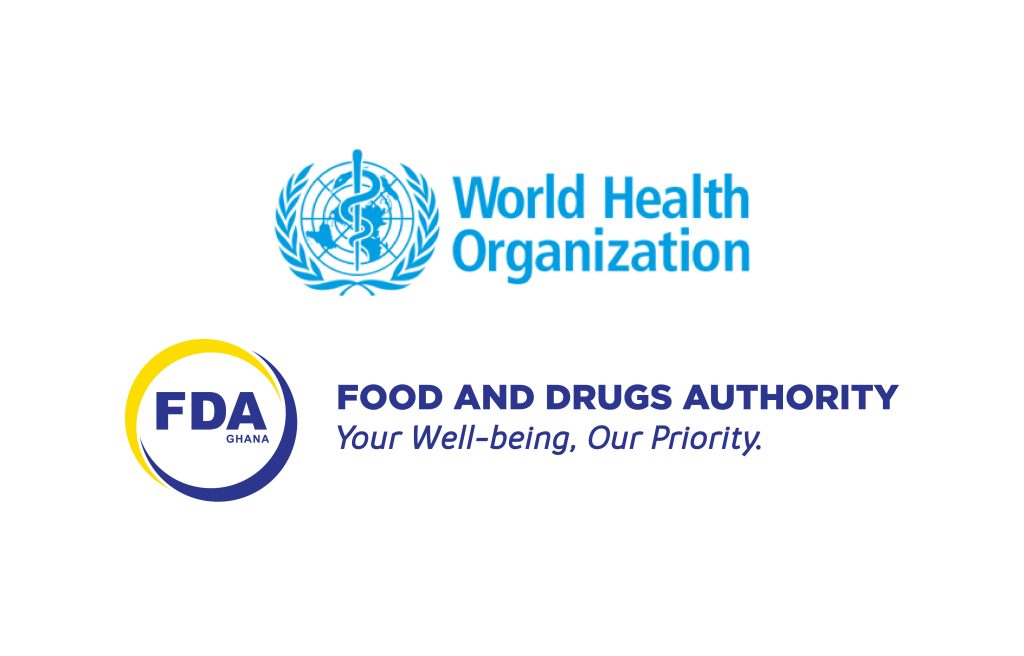16th – 18th September 2025
The Food and Drugs Authority (FDA) has taken another bold step in safeguarding public health with the introduction of a new registration requirement – site verification for frozen animal products. From 16th – 18th September 2025, the Authority convened a three-day stakeholder engagement at its Head Office to roll out the initiative and foster dialogue with key players in the frozen food supply chain.
The sessions brought together importers, distributors, and cold storage facility operators, offering them clarity on the revised registration process and addressing concerns about compliance and cost implications. At the heart of the discussions was a shared goal: ensuring that fish, poultry, meat, and offal reaching Ghanaian consumers are safe, wholesome, and traceable to the source of production in the event of a food safety emergency.
In his opening remarks, Mr. Roderick Daddey-Adjei, Deputy Chief Executive Officer (Food Division), underscored the urgency of the measure by referencing a recent foodborne illness outbreak among schoolchildren linked to contaminated poultry. He stressed that the site verification requirement is not intended to punish industry players but to strengthen Ghana’s food safety systems. “Facilities claiming compliance will now be physically inspected before approval. This ensures honesty, strengthens traceability, and sustains consumer confidence,” he said.
Mrs. Becky Blackson, Head of the Imported Food Product Evaluation Unit, followed with a detailed presentation on the registration process, documentation required, fee structures for different regions, and inspection protocols. She pointed to past challenges such as forged health certificates and misrepresented storage conditions as clear justifications for the new policy.
Adding to this, Mrs. Maureen Lartey, Director of Food Safety and Consumer Education Directorate, shed light on the broader food safety risks tied to frozen imports. She cited global alerts of contaminated products, cases of fish preserved with formaldehyde, and poor handling practices like thawing and refreezing. “Weak systems can be devastating,” she warned, recalling the 2022 foodborne outbreak (food source being waakye-rice with beans) that left dozens hospitalized. She emphasized that the new requirement enforces Good Manufacturing and Hygiene Practices, covering cold storage, labeling, packaging, and transportation.
During the interactive sessions, stakeholders raised questions about international collaboration, inspection fees, and multiple sourcing arrangements. FDA officials responded with reassurances of fairness, transparency, and ongoing dialogue to smoothen the transition.
The new site verification arrangements stands to benefit all parties. For businesses, it enhances credibility and minimizes reputational risk while opening trade opportunities. For consumers, it provides stronger assurance that frozen foods are safe and of high quality. For the nation, it reduces the economic toll of foodborne diseases and aligns Ghana with international best practices.
As discussions concluded, one message rang clear: the site verification is more than a regulatory requirement; it is a strategic safeguard for public health and a marker of Ghana’s commitment to global food safety standards.







